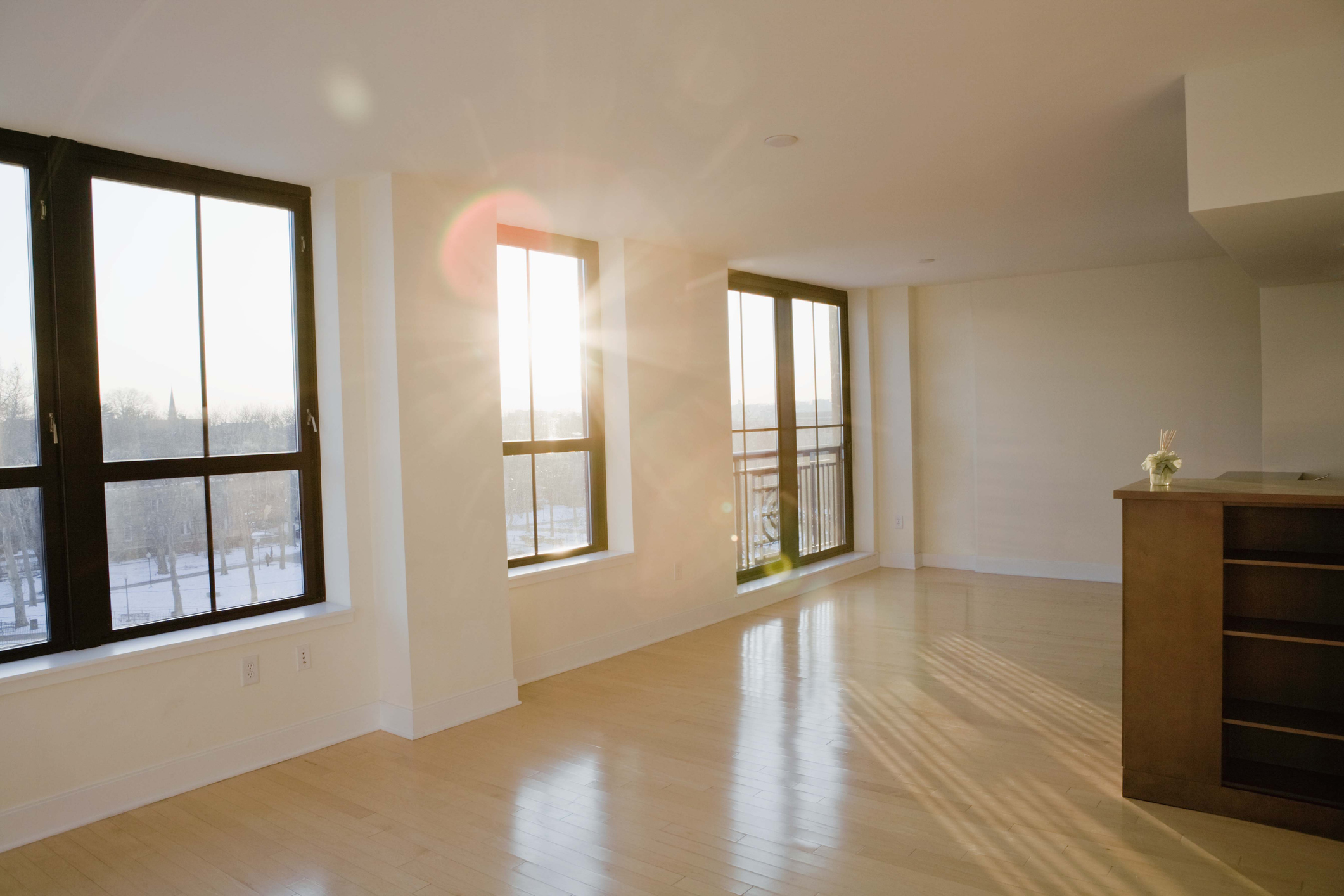
Affording Your First Apartment
Getting your first apartment is one of the big milestones in a young adult’s life. It can also be a little frightening since you don’t know exactly how much money you’ll need to get by. But if you follow these easy tips, getting and thriving in your apartment will be a breeze.
- Figure out how much rent you can afford. Find an apartment that costs between 25-35% of your gross monthly income (before taxes and deductions). Also, make sure the landlord tells you about any additional costs, like pet fees, parking, etc. Those fees will need to be included in your budget. If you find a place that is a bit more than you can comfortably afford, you’ll need to get a roommate — one you can rely on to pay their portion.
- Factor in a security deposit. Many buildings require that you put down one month’s rent as a security deposit. The landlord holds that money until you move out. If you leave the place in good shape, you’ll get the money back. But if you don’t…
- Create a budget. Use the 50/30/20 rule: 50% of your after-tax income should be spent on NEEDS, like rent, insurance, groceries, utilities; 30% for WANTS, like dining out and entertainment; and 20% for SAVINGS, including your 401(k) and an emergency fund.
- Get furniture and household items. But don’t get it all at once! Start with the basics, like a bed, shower curtain, pots and pans, etc. See what you can find at thrift shops before buying new.
After you move in, follow some of these tips to keep your living costs down.
- Eat in as often as possible and pack your lunch for work. A typical lunch can cost you between $8-10 dollars. At 7 meals per week, you’ll pay about $70. Per year, that’s $3,640! Eating in will save you serious money!
- Cancel the cable. The average cable bill is $65 per month or $780 per year. That could buy a lot of groceries instead. Share a Netflix account with a friend or roommate – or check out other streaming services like Hulu and Prime Video!
- Reduce energy bill. Adjust your thermostat in the winter so it’s 10-15 degrees cooler at night. Also turn off energy-hogging devices, like gaming consoles, when not in use.
Getting out on your own may seem daunting at first, but these tips and tricks will make a huge difference in the long run.
